
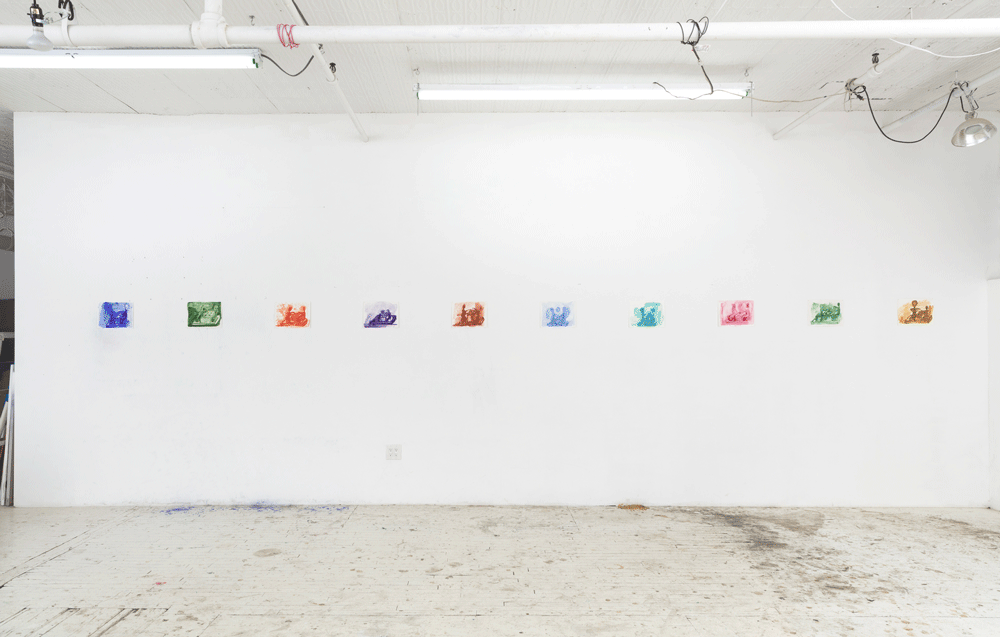

TABLES
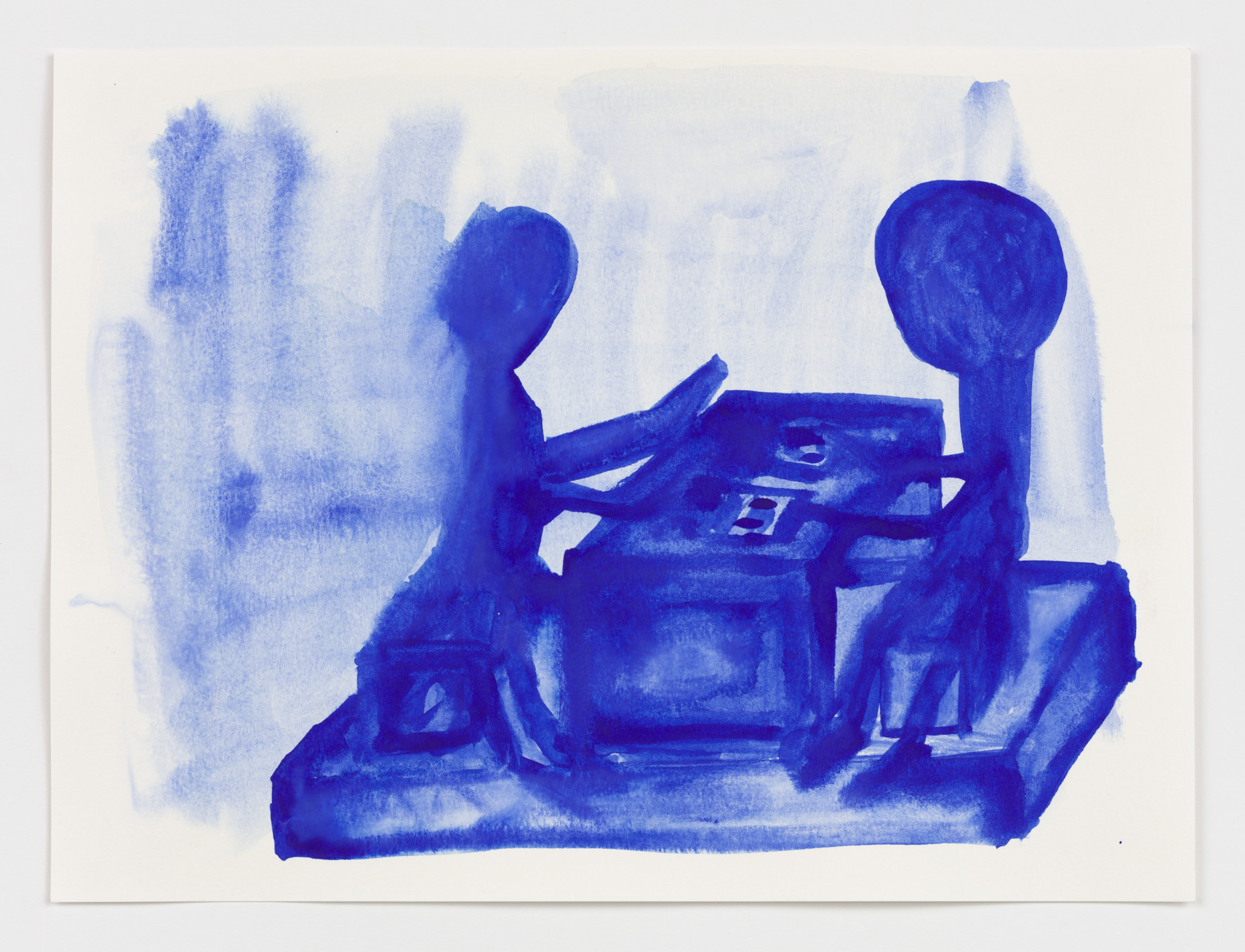
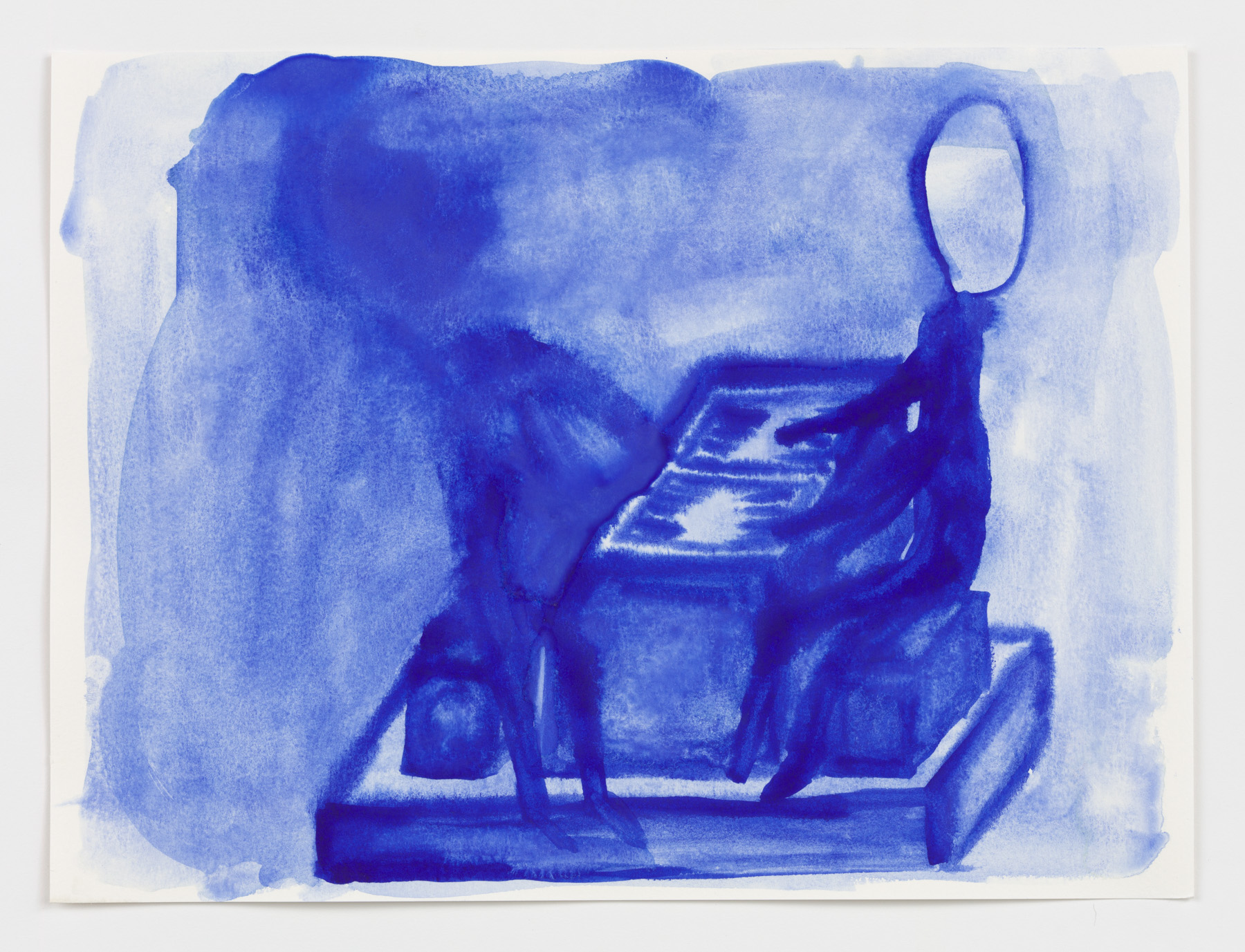










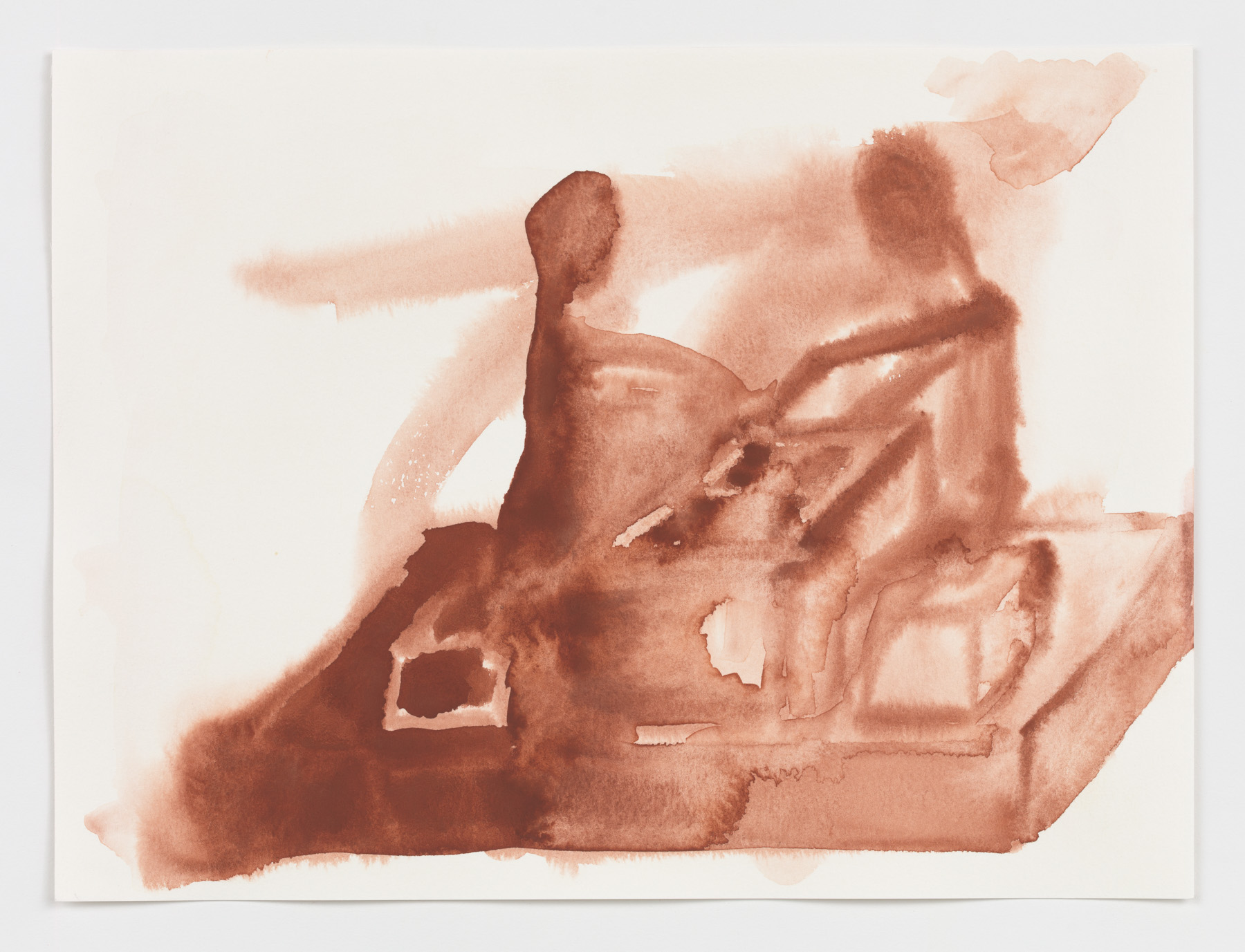
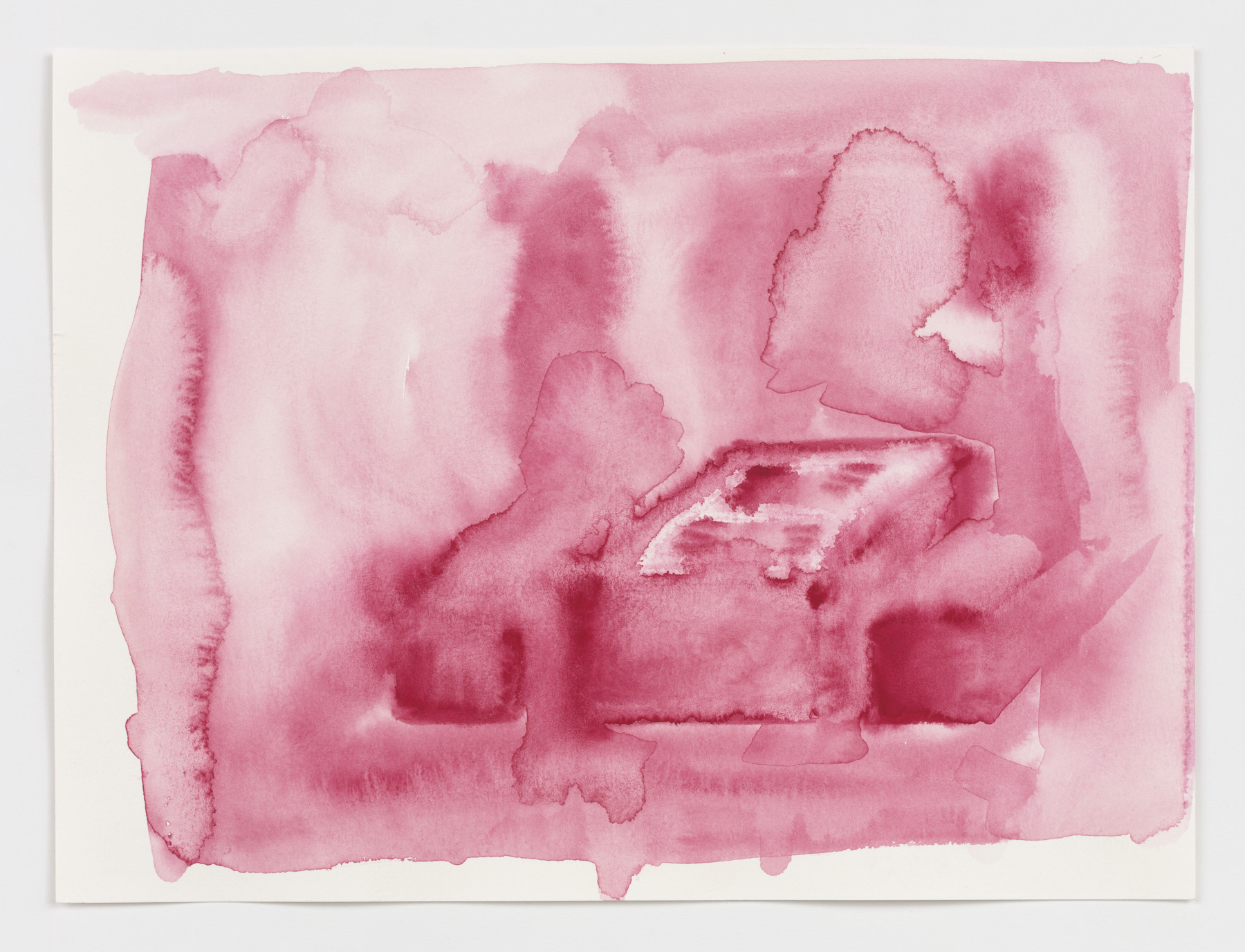


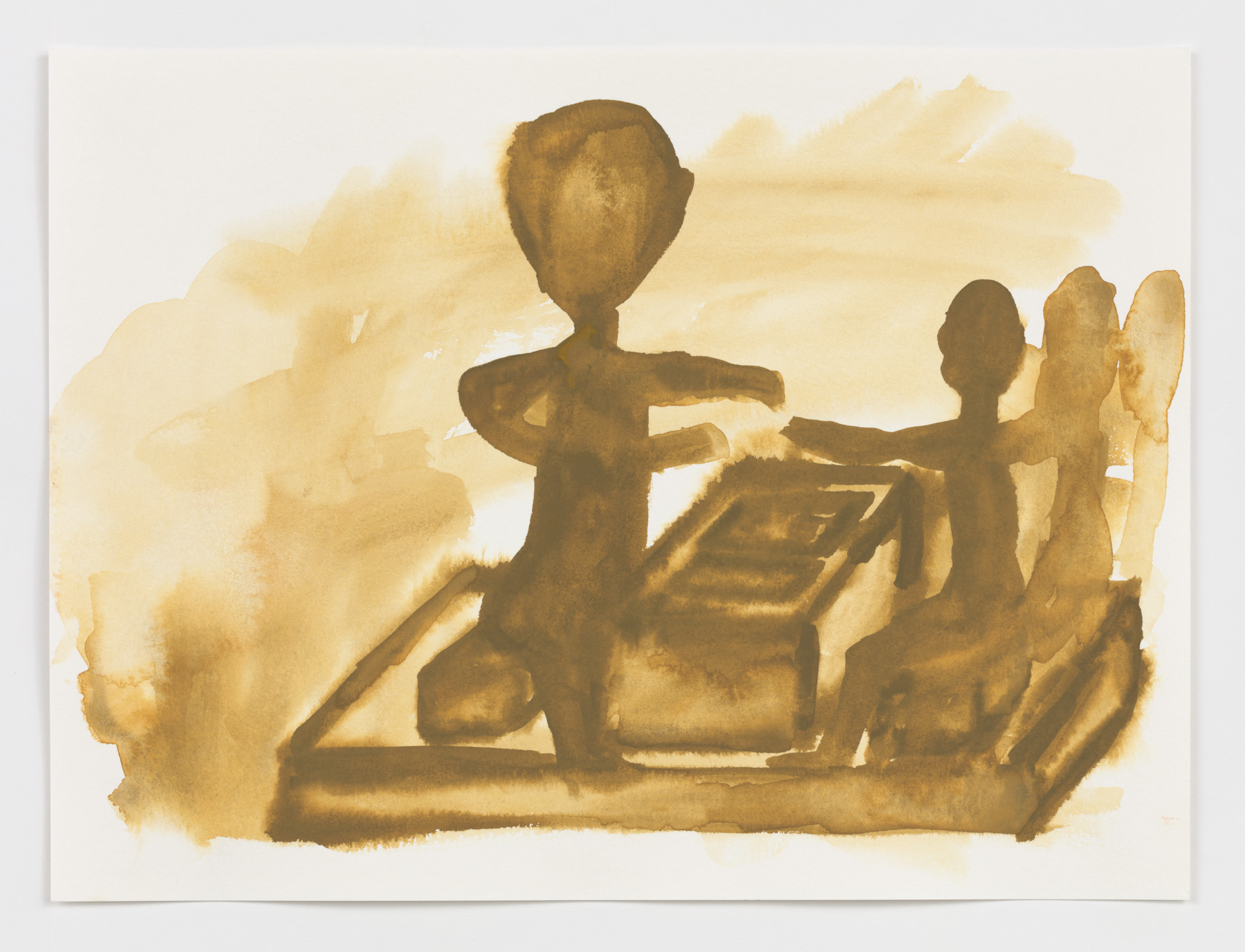



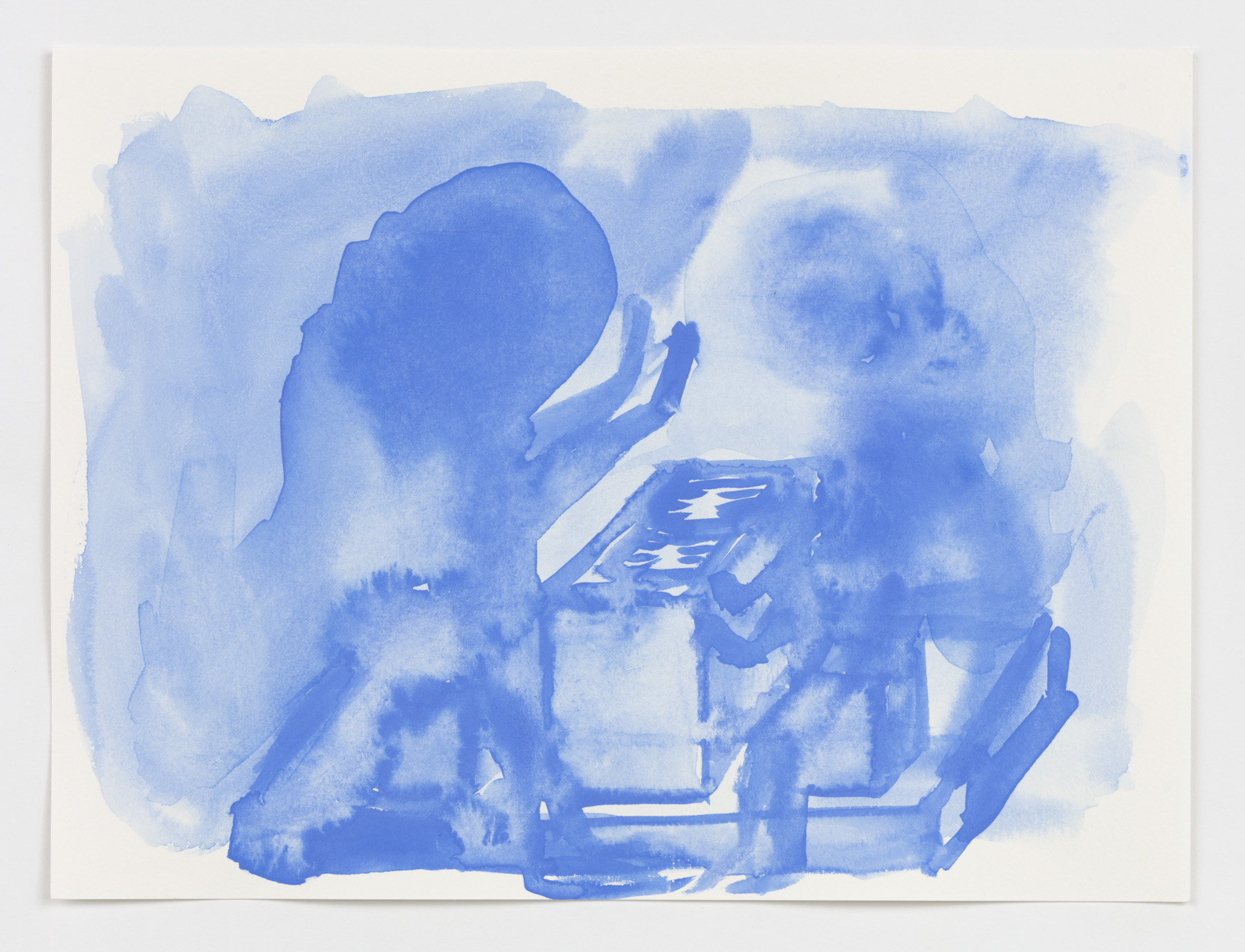

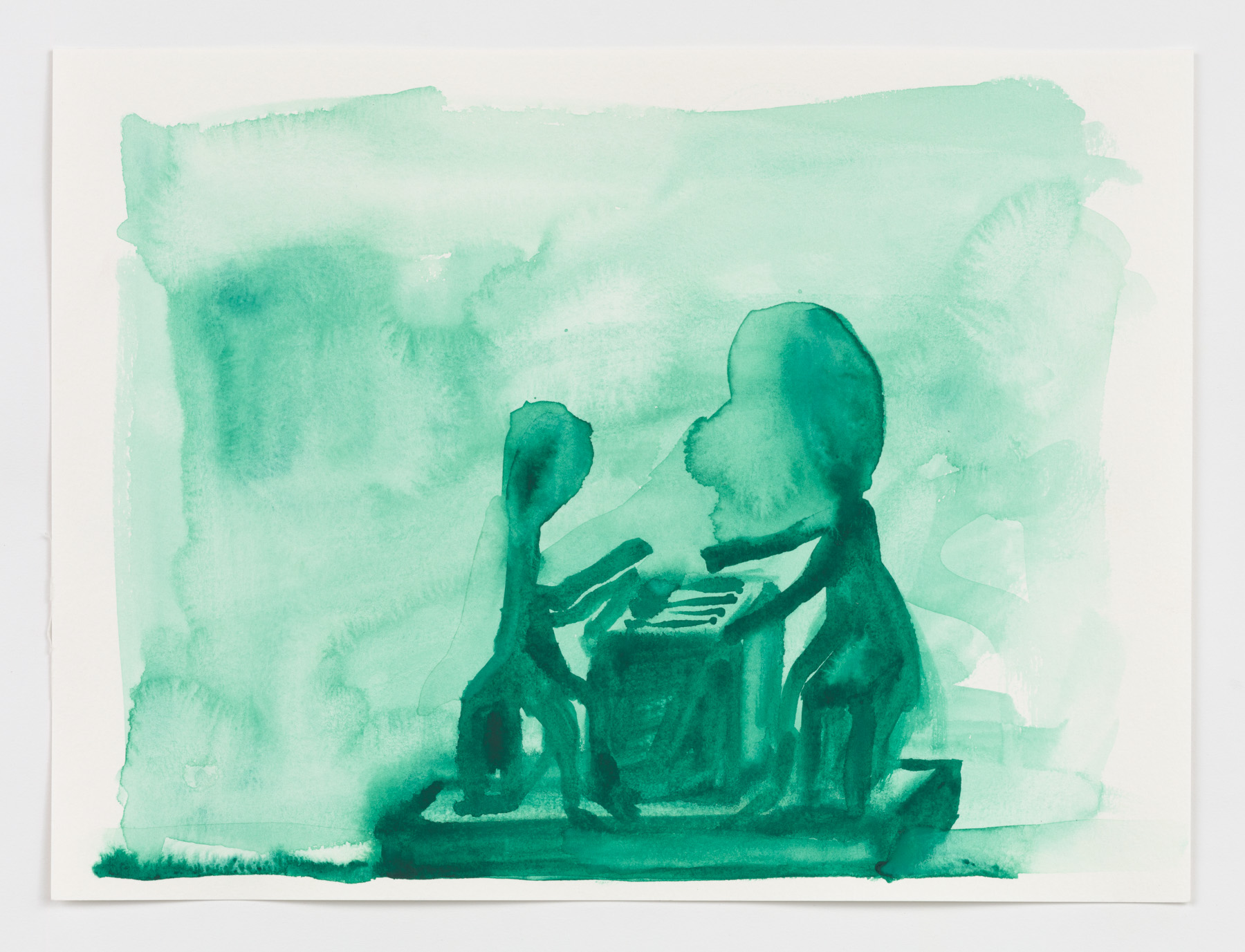



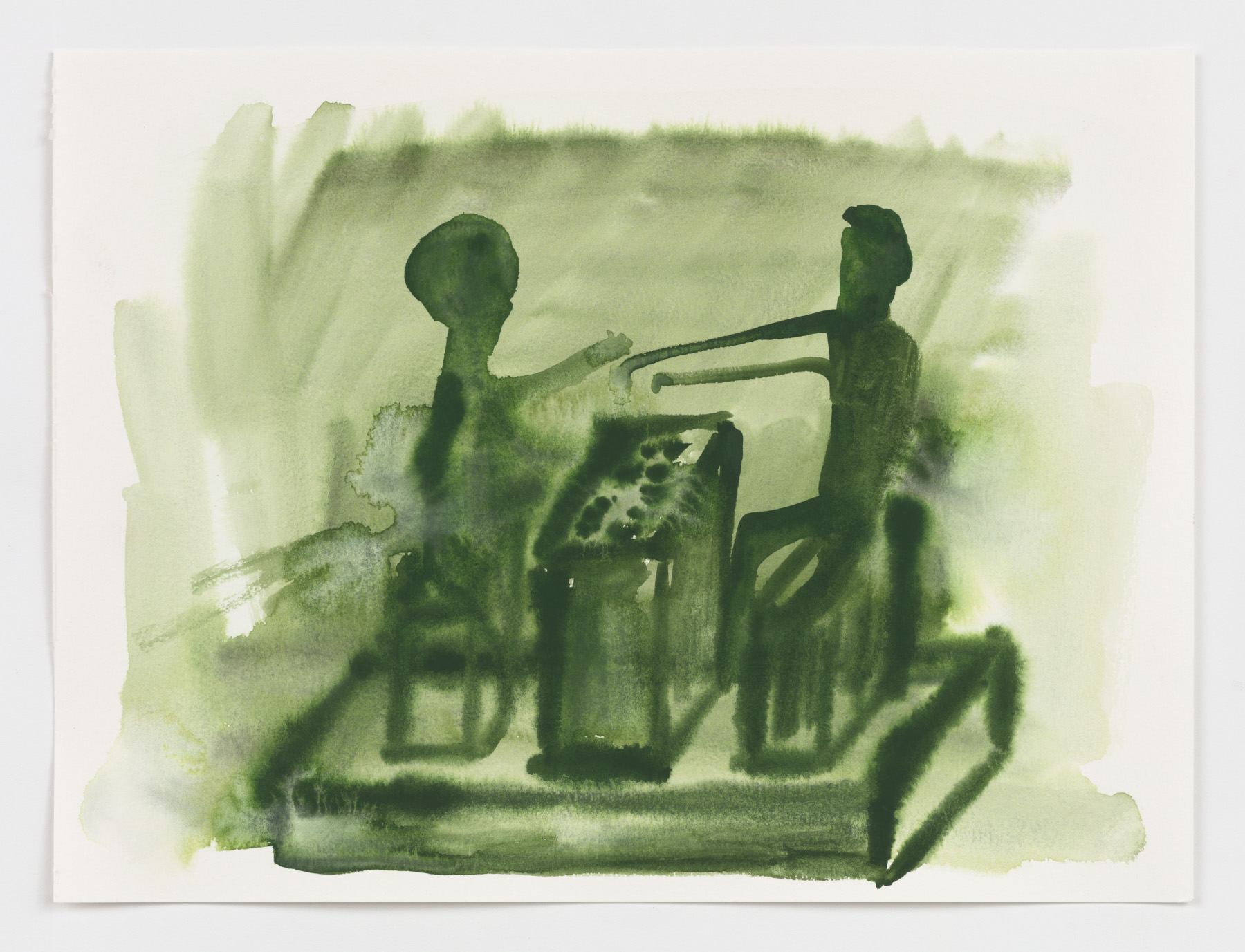


DOORS

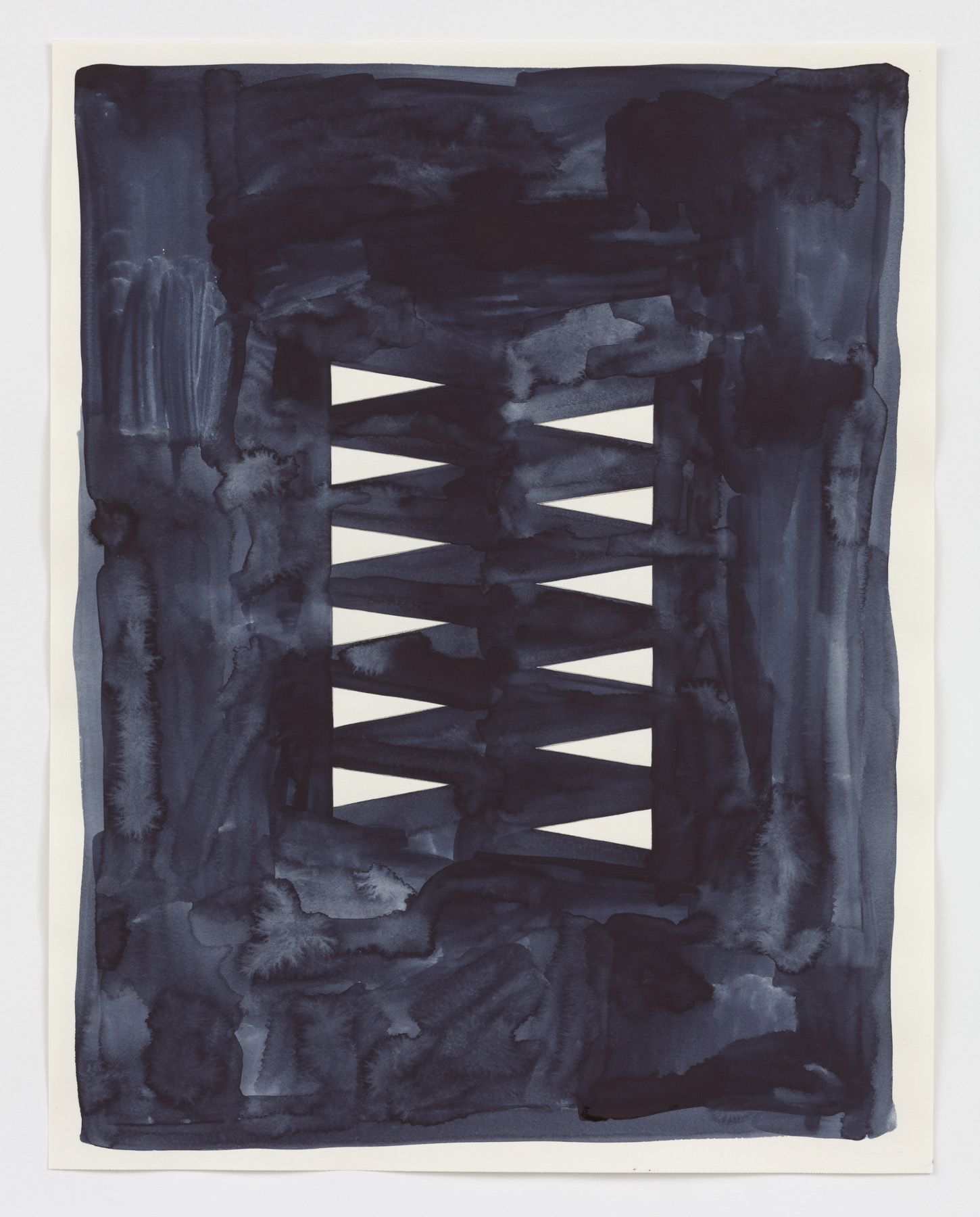

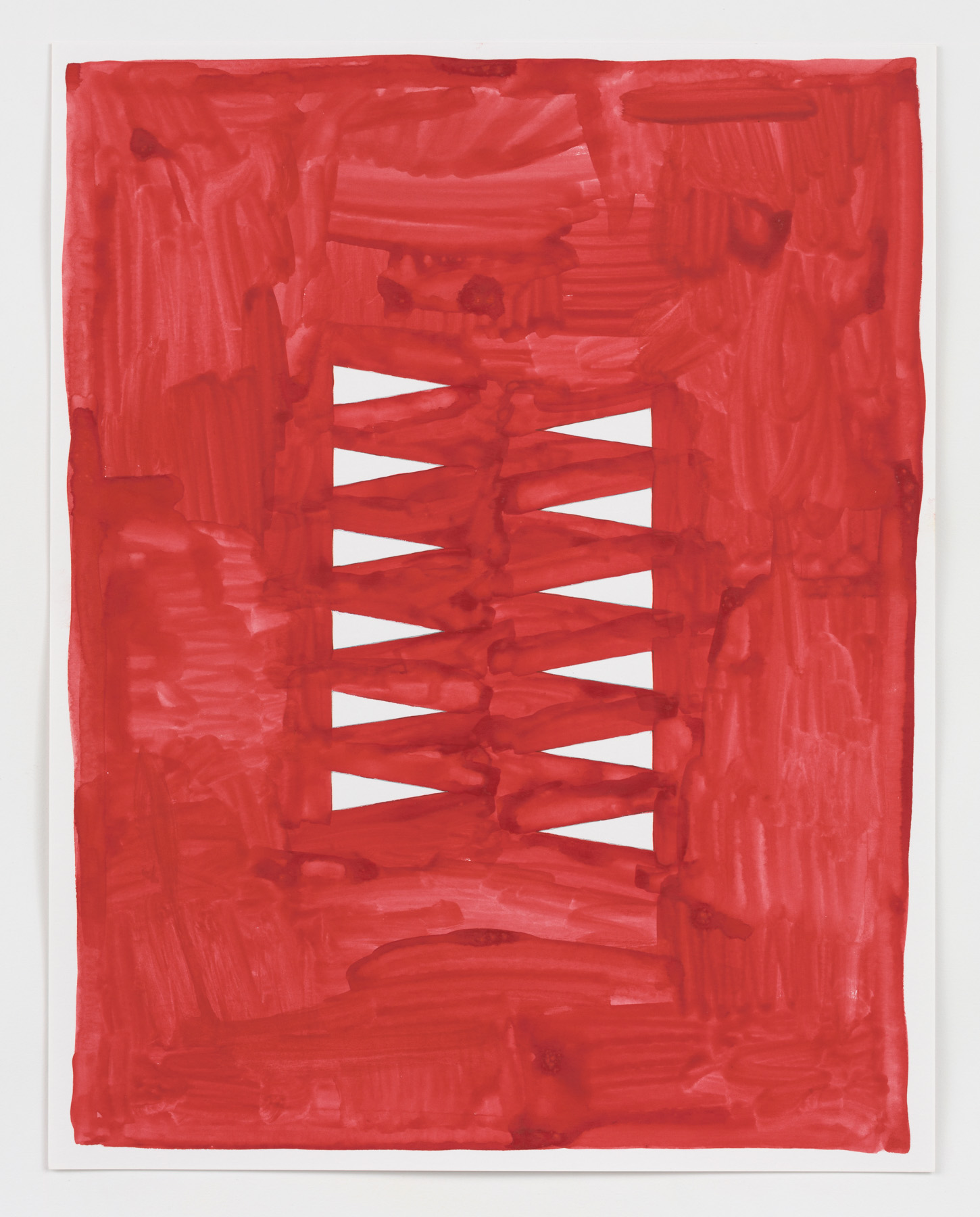

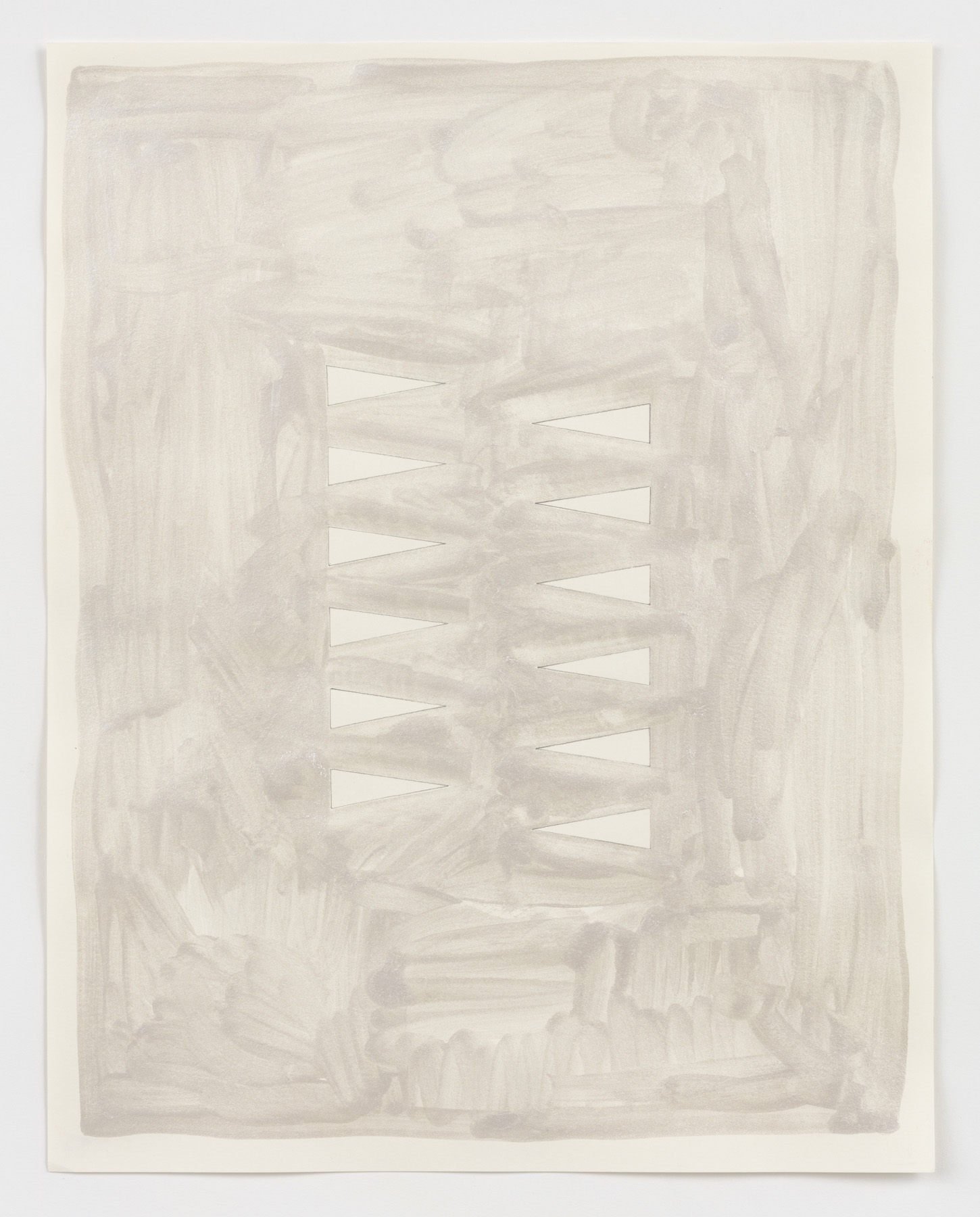





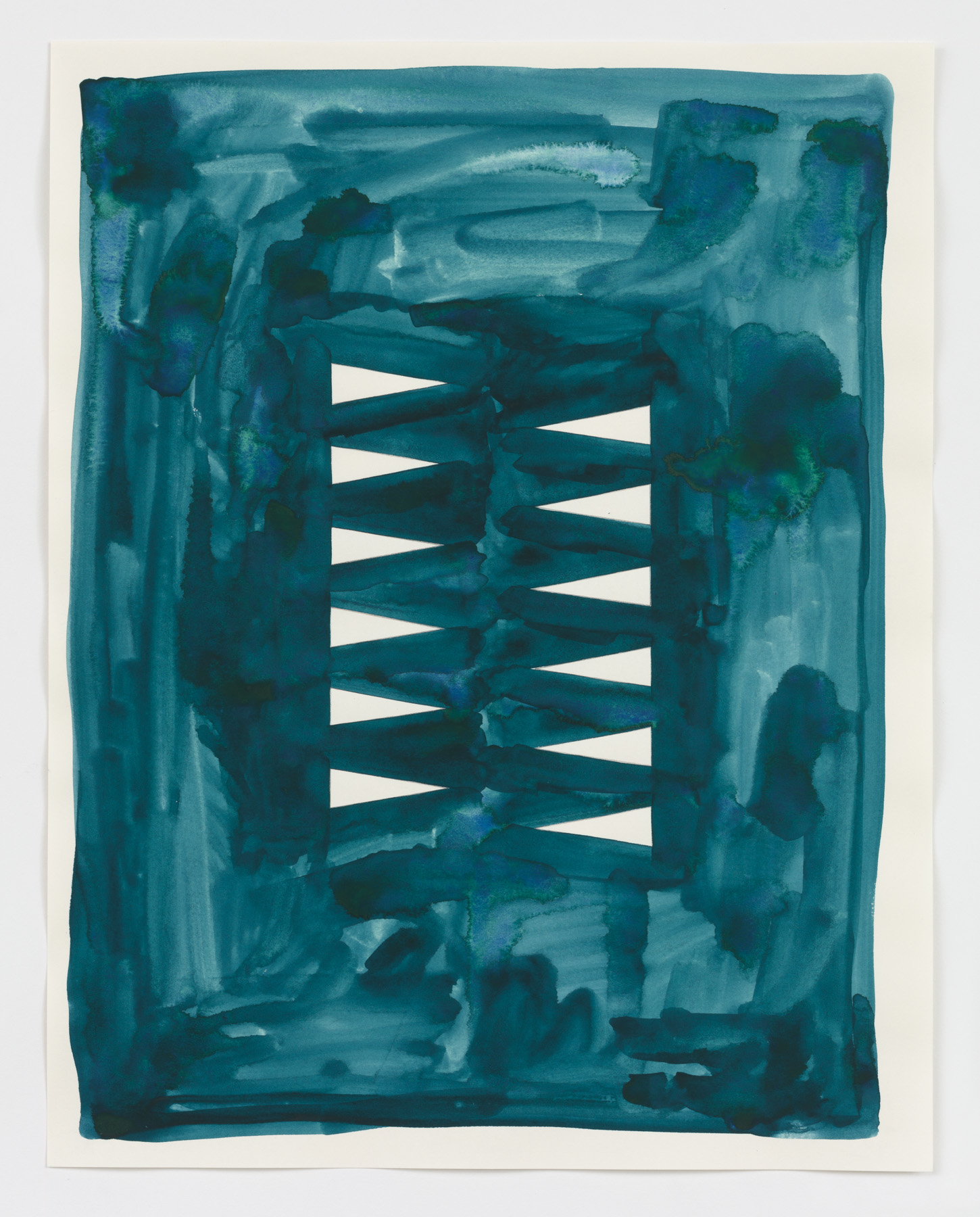

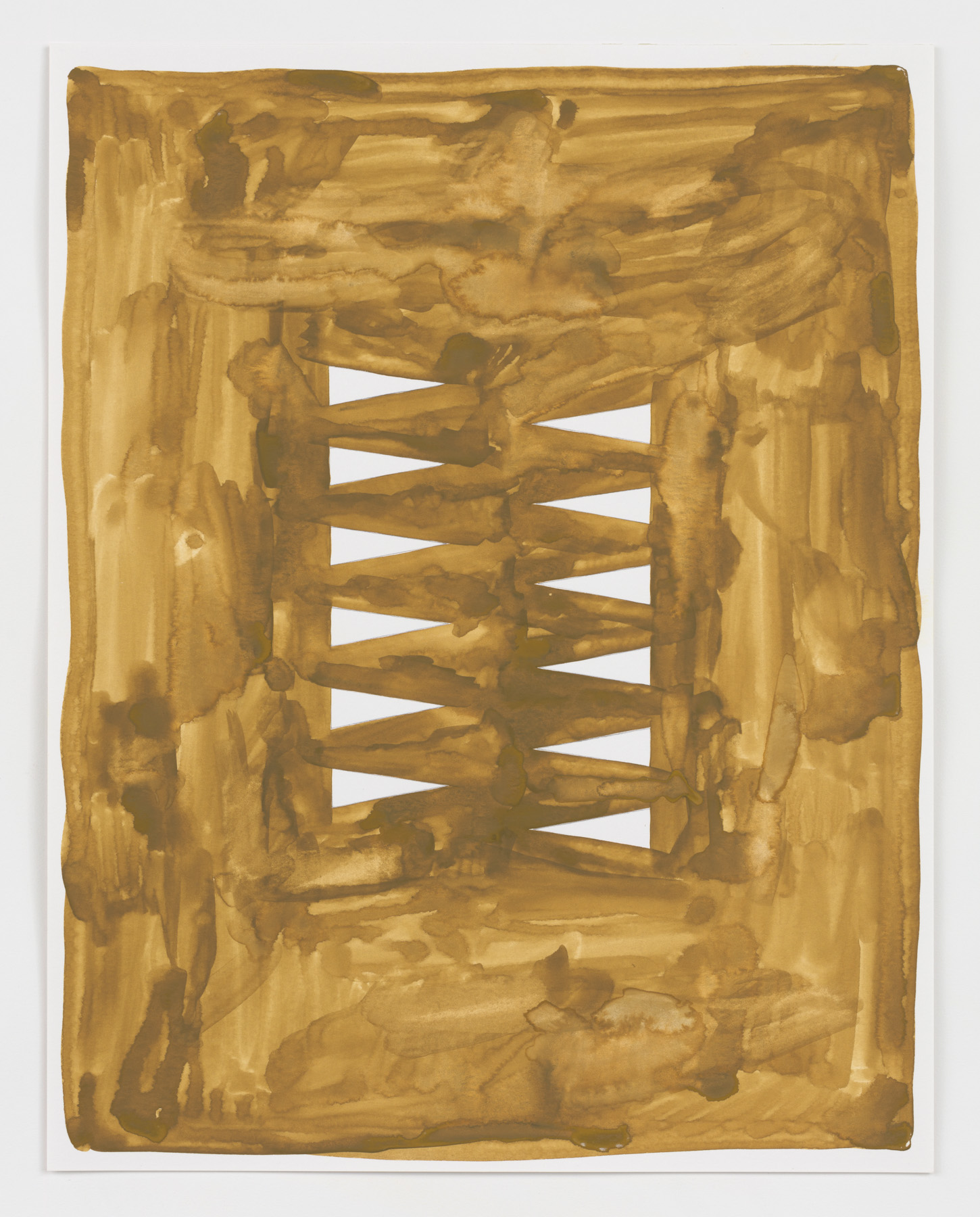

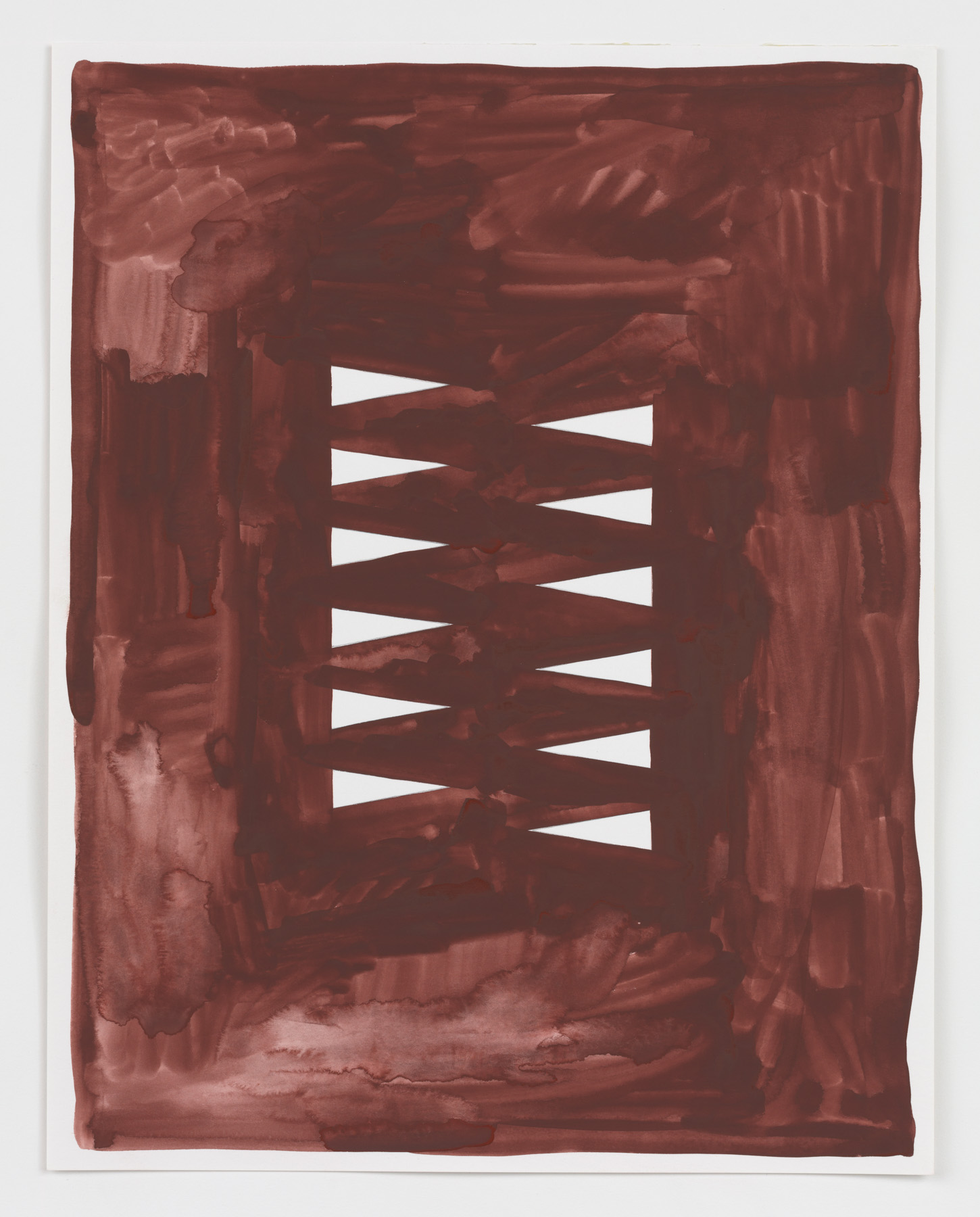


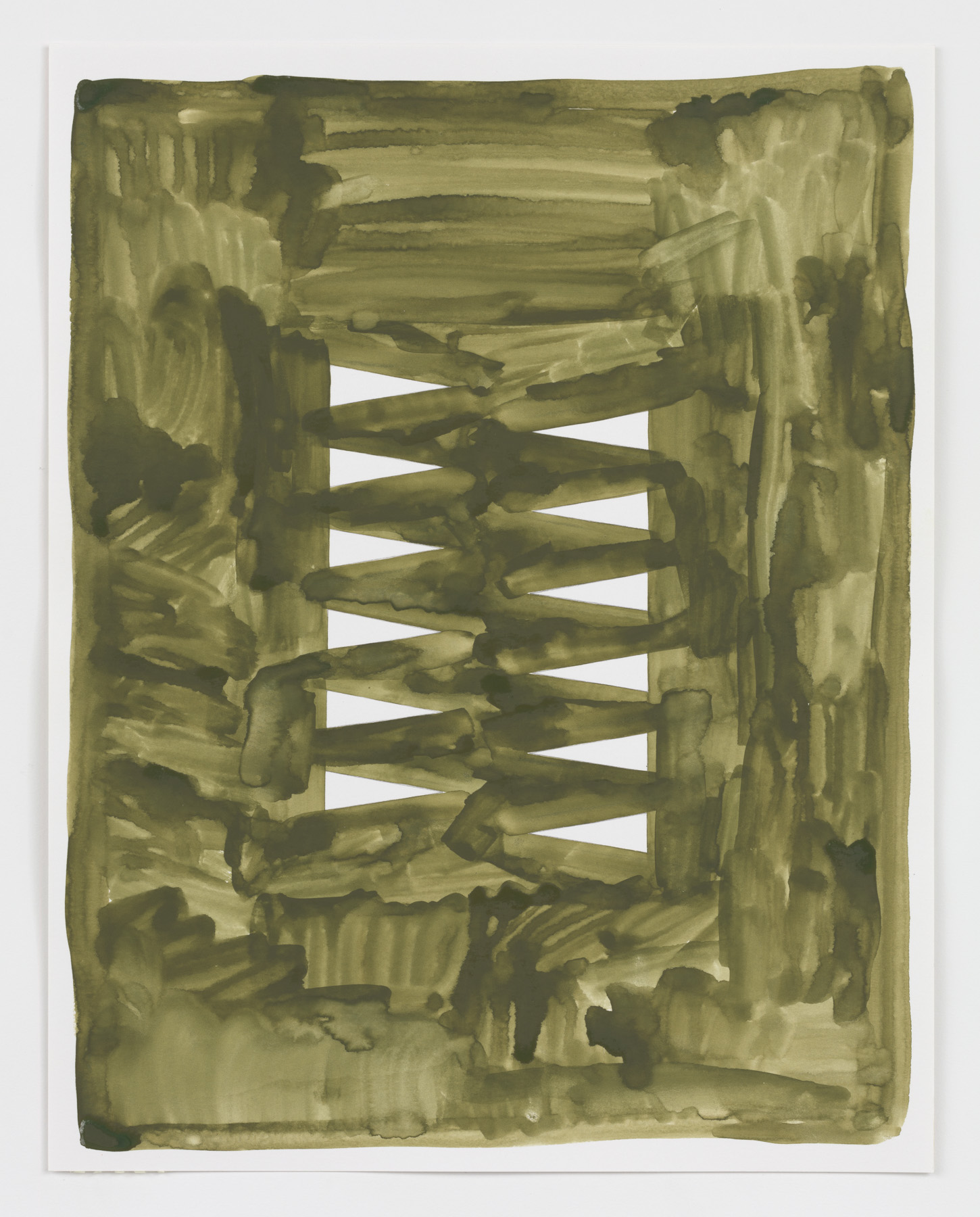
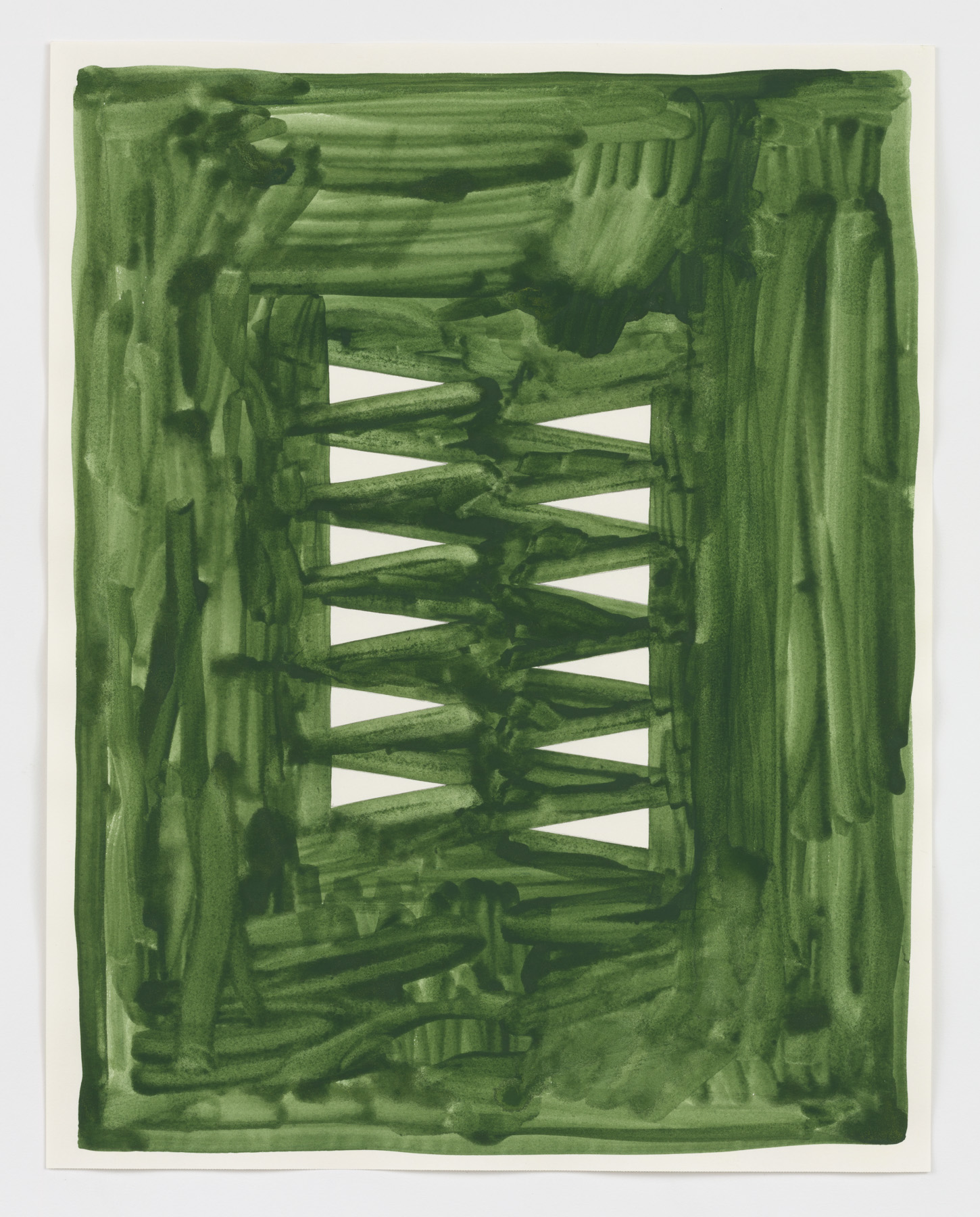


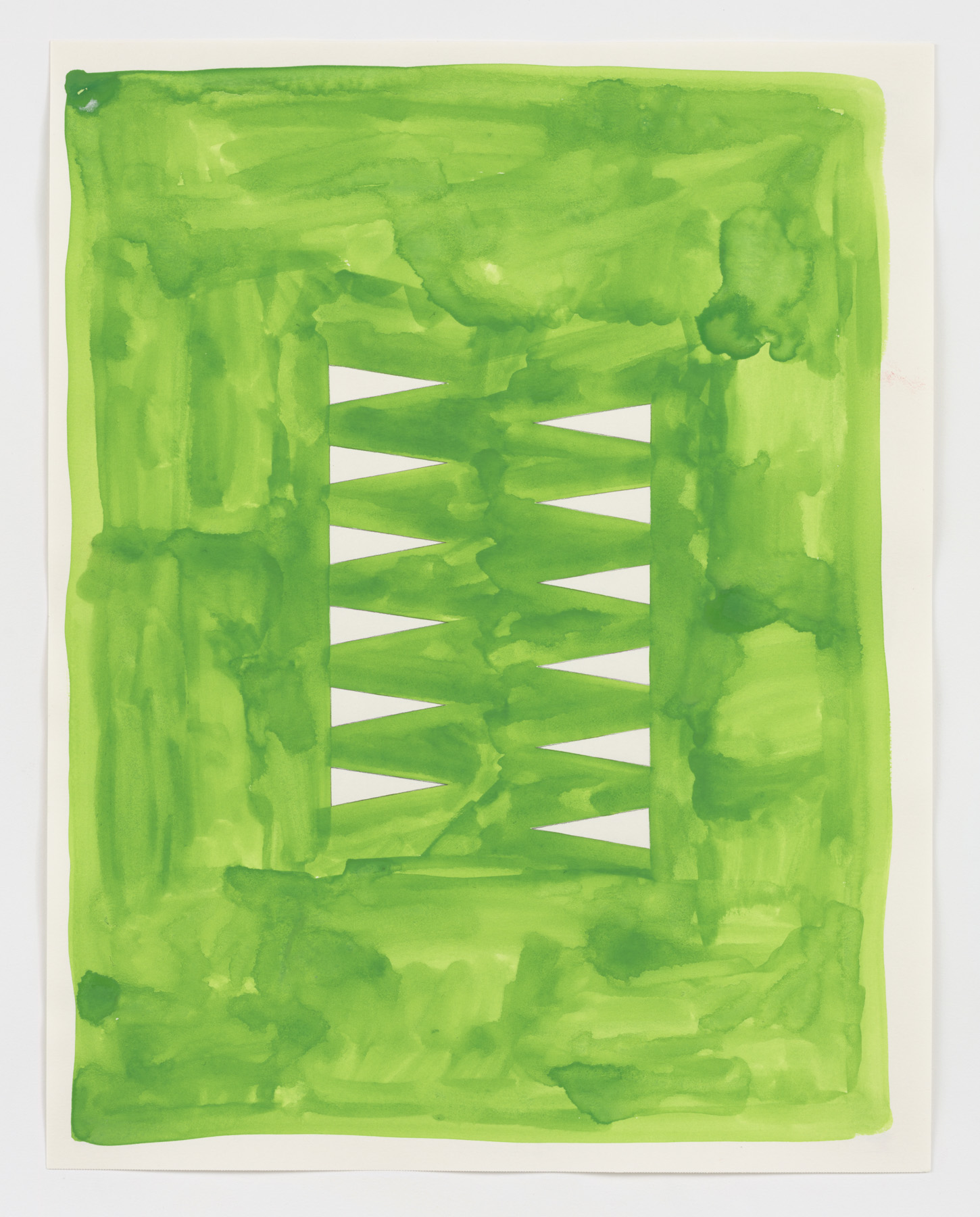
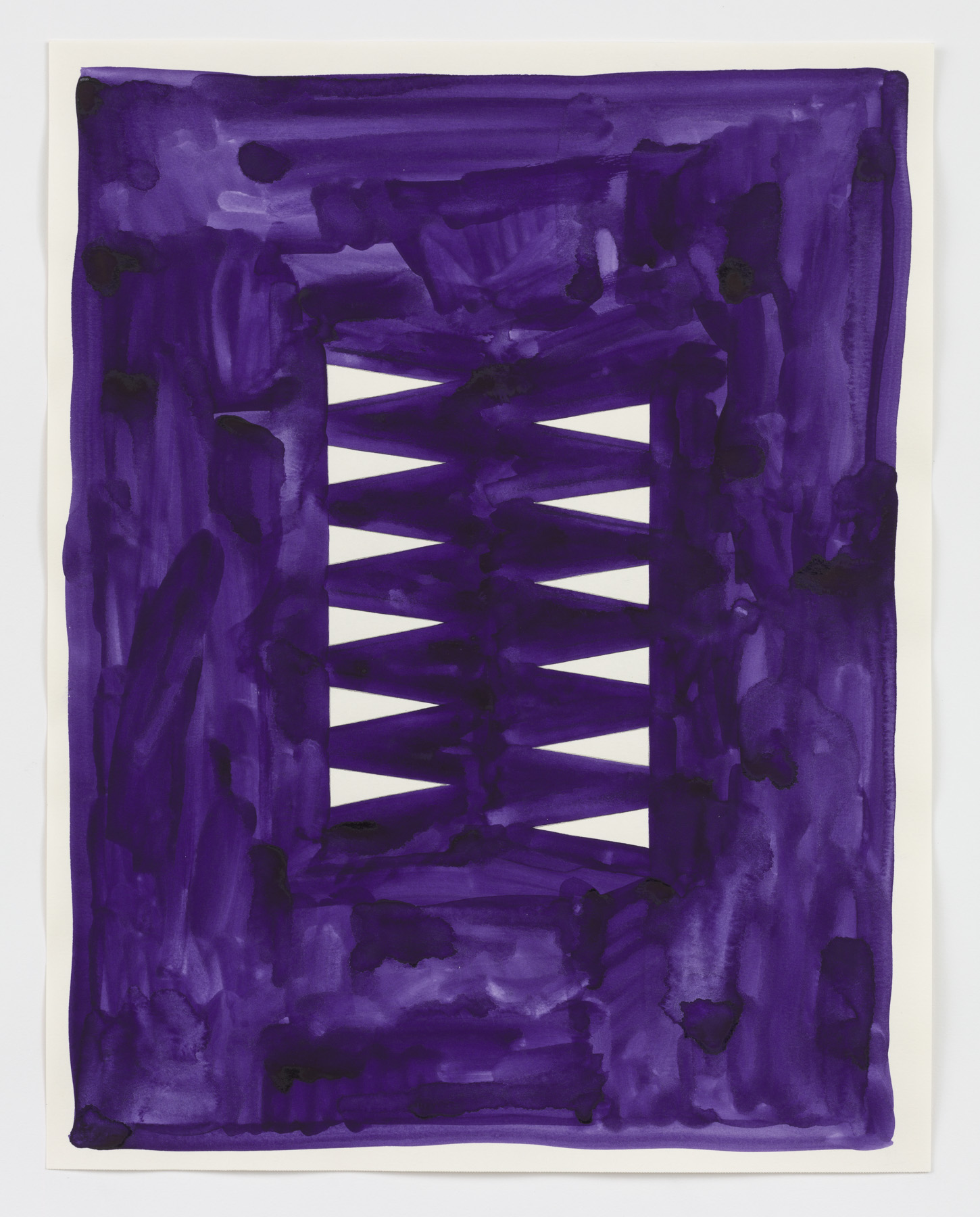
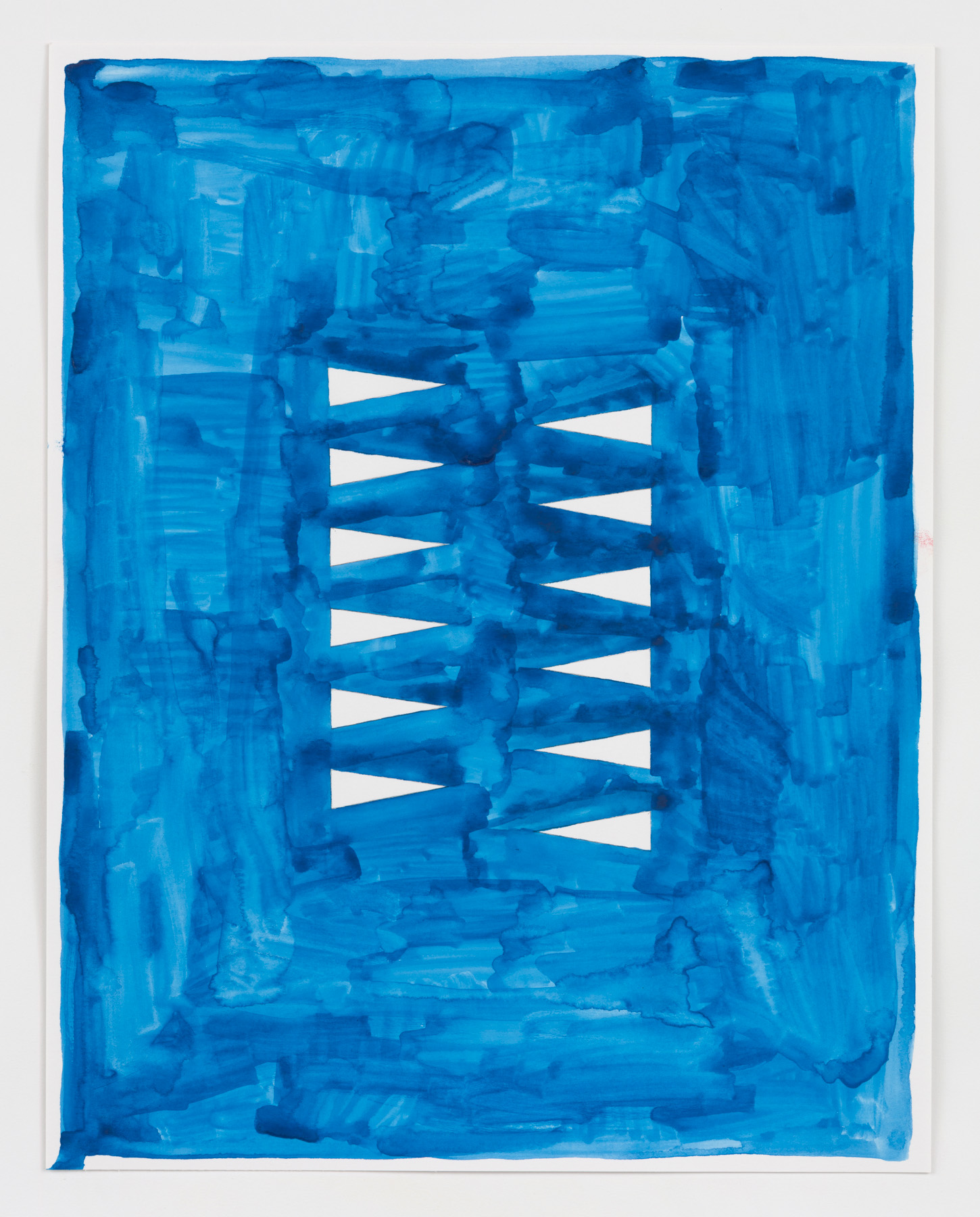

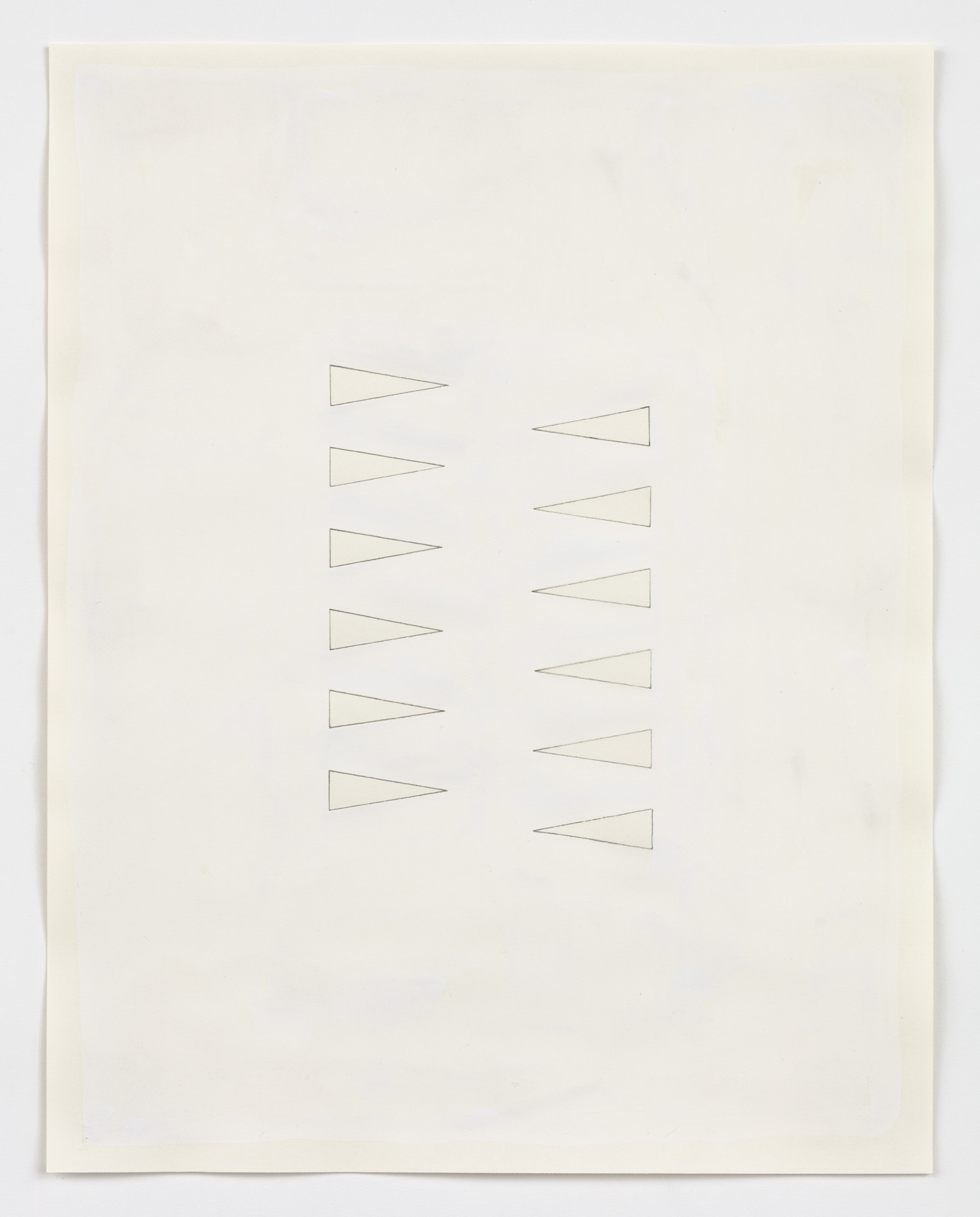
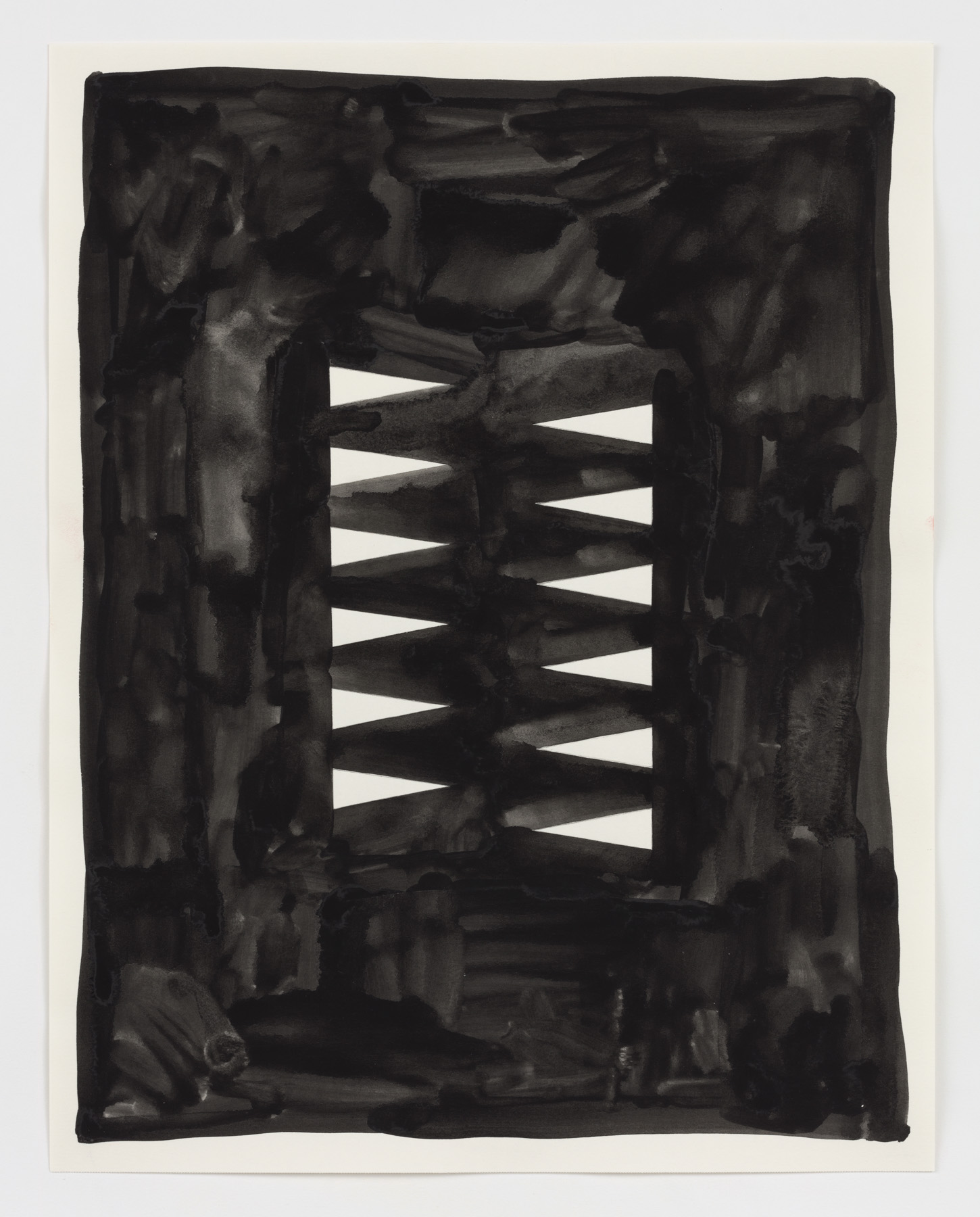




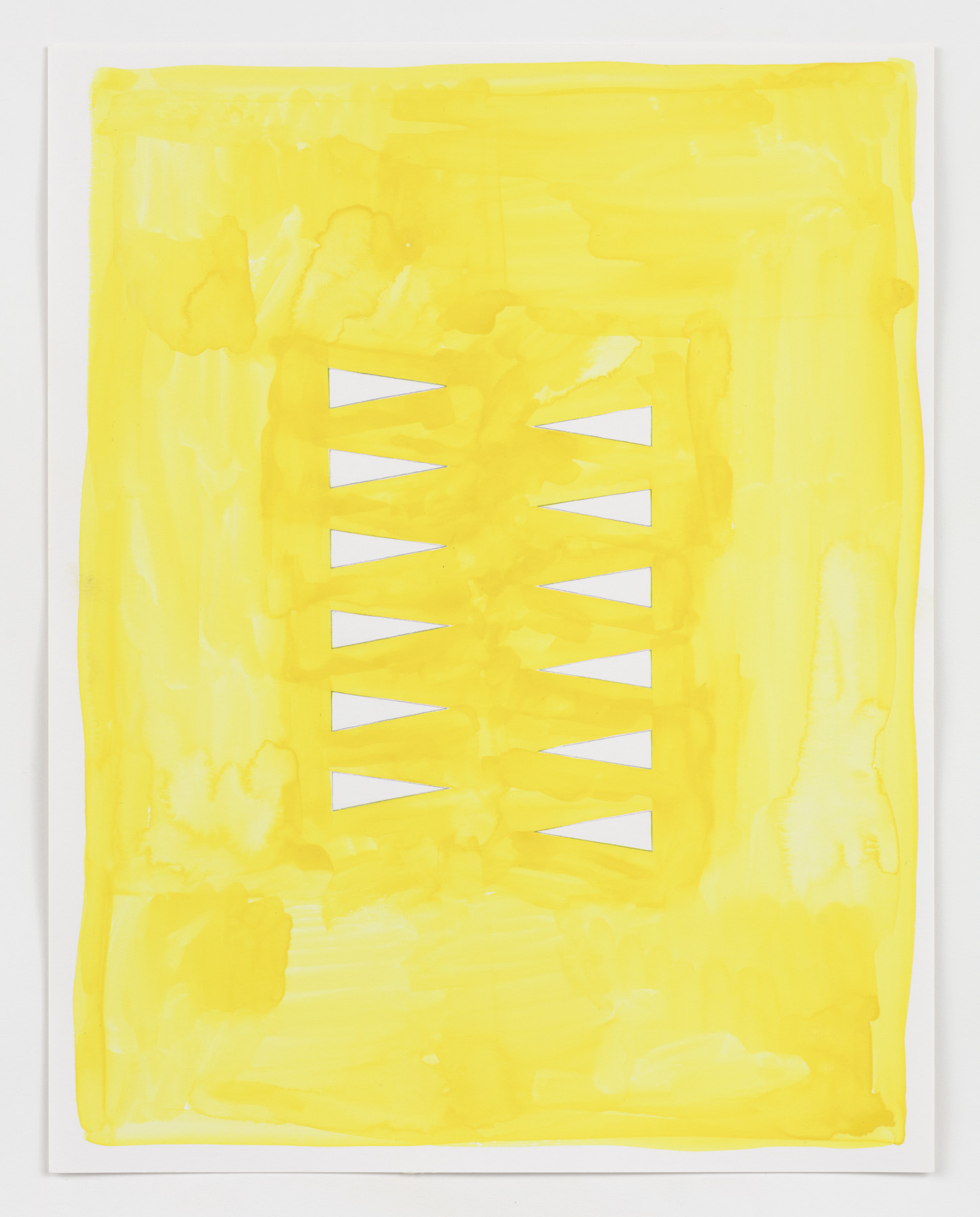
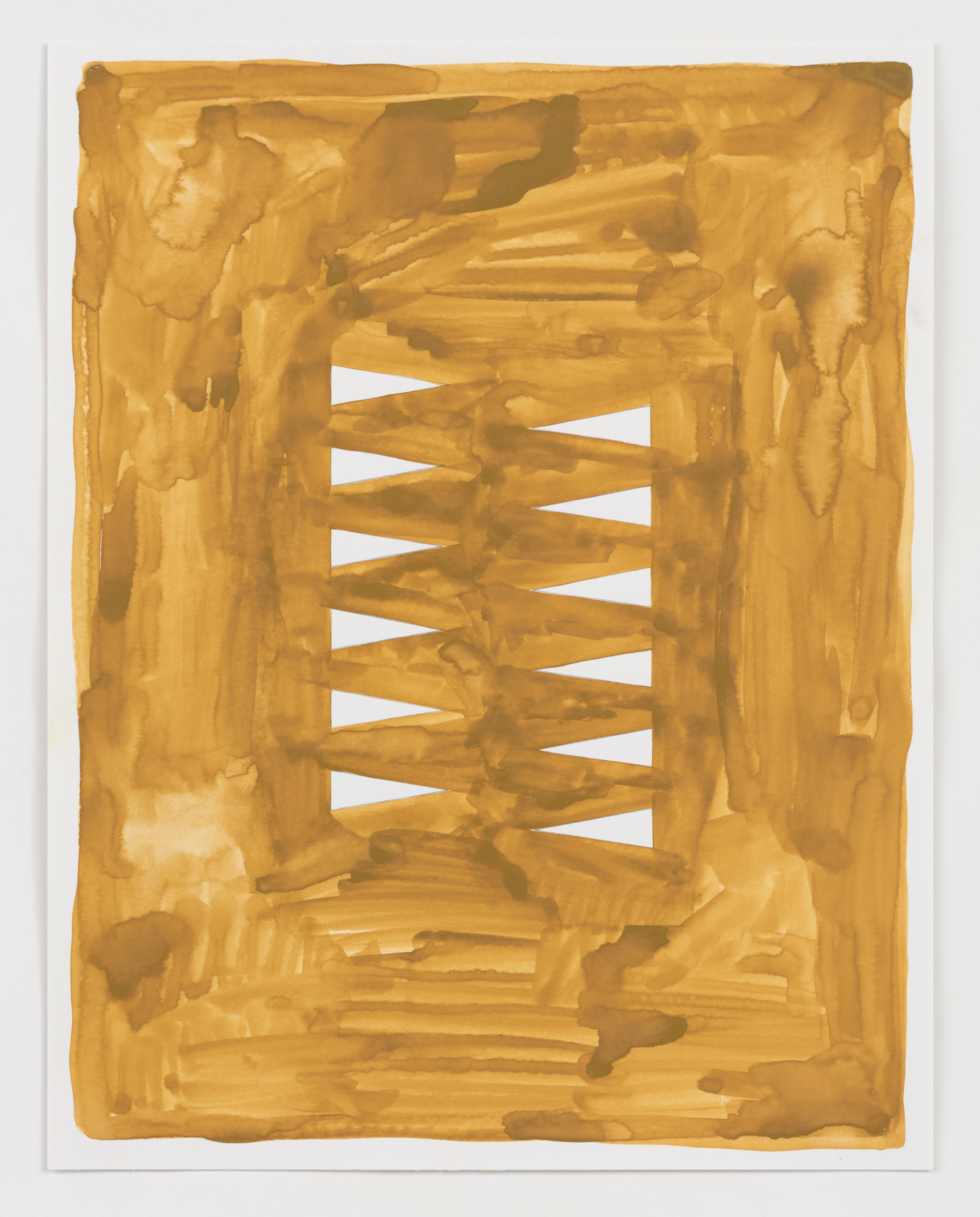
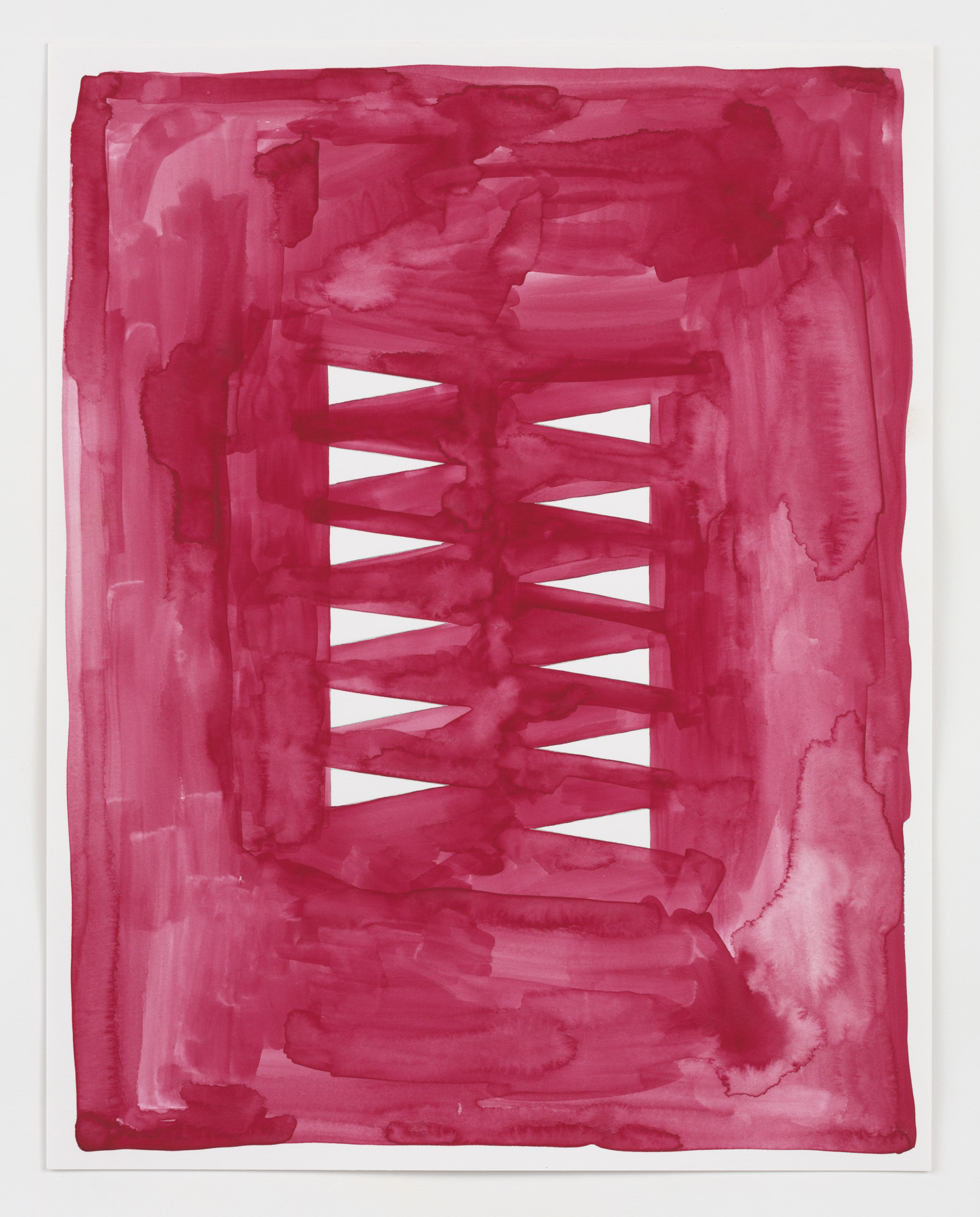
That Duchamp loved chess means he loved fun as well as strategy. Fun is purpose created by the imposition of a border around the purposeless. Fun becomes un-fun when we forget the border is there or when we erase it. A sore loser who flips over the table at the end of a board game does both, in that order. From the mess of un-fun we see that fun was contingent not just on the presence of the border but on its contact. For fun to be fun the border can’t just be, it must be within arm's reach; it must tickle. As fun’s border recedes into the distance one’s whole life becomes strategic. Life as a chess piece is a drag.
There’s been a lot of purposelessness of late but Zak is an artist adept at making his own fun. He has lain a door sideways across some sawhorses, cut a Poland spring bottle in half, filled it with water, and pinched his colors from their pupae one at a time. Swish swish swish. No mixing pigments. Some vertical, some horizontal compositions. I’d be lying if I said I knew the exact rules of the game being played but from where I stand the boundary feels great. It’s remote and close all at once, a fur coat in a crowded elevator. SB.